
Life Sciences: The Real, the Hoped, and the Hyped
Investors have been swept up in the notion of “philanthropic capitalism” and have targeted life-sciences as an avenue that can fulfill this benefit to society. While laudable in concept, this is non-scientific surrealism. “Hoped-for” is not a reliable business model, and most of the unrealistic goals would not be sustainable even if achieved. Real science and innovation are more impactful and substantial and make life sciences even more.
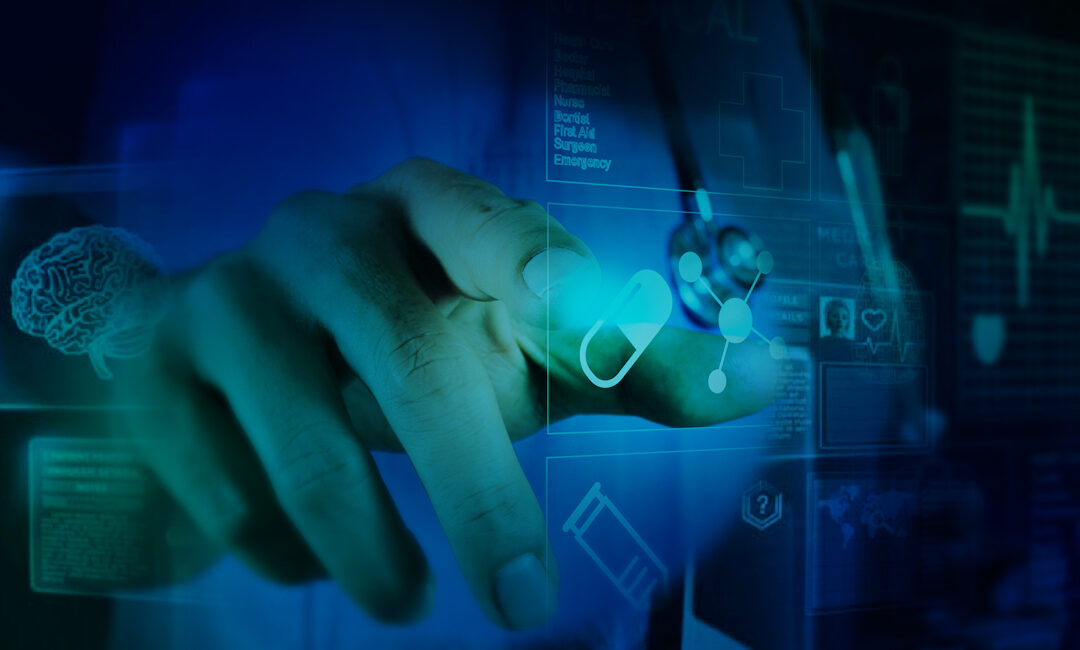
Medical Intelligence
Medical Intelligence is a new discipline, converging human and artificial intelligence. Artificial intelligence will not replace human intelligence, especially in medicine. Diagnosis and treatment will remain a human endeavor. But AI will be an indispensable tool helping human intelligence effectively deliver better quality healthcare. The overwhelming benefit is that it raises the bar for all practitioners. A minimum level of quality medical care can available globally. The higher standard for diagnostic accuracy, therapeutic recommendations, and overall care from this mass of data gathering will improve overall health and wellness everywhere. Applied effectively, these tools also drive down overall healthcare costs, diagnostic errors, and unnecessary procedures. Greater accuracy eliminates needless testing and procedures significantly and delivers effective care more quickly. Diagnosis is more immediate, recovery times faster, care more available, and overall expenses reduced.
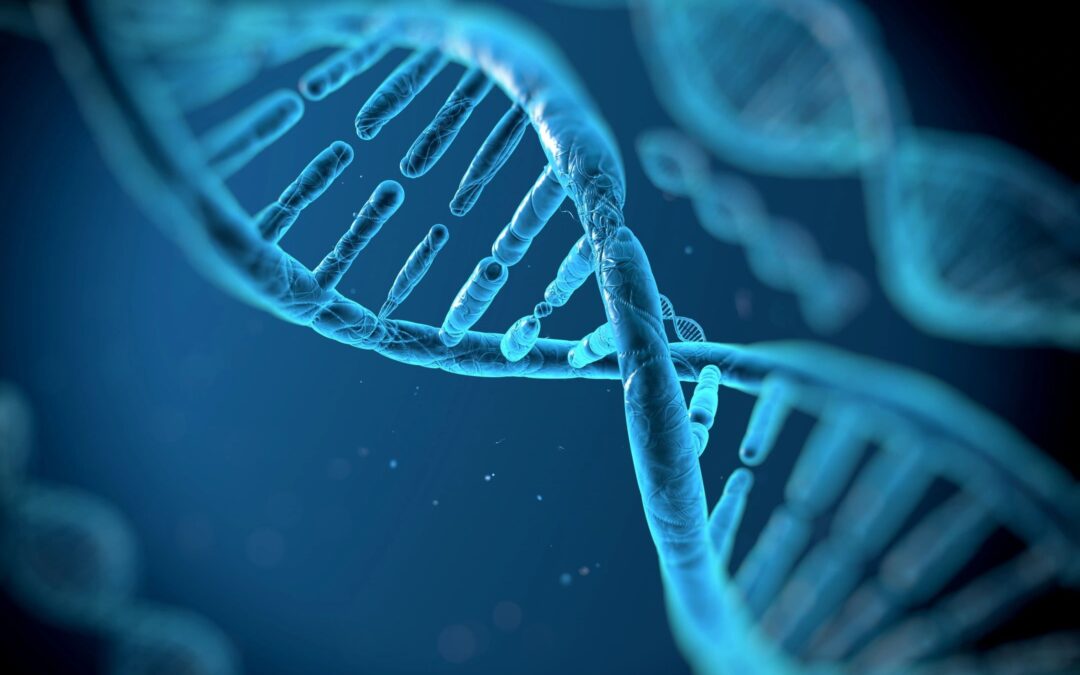
The biological revolution
The coronavirus will accelerate the third great innovation revolution of modern times. Beginning about 100 years ago, three fundamental components were discovered: the atom, the bit, and the gene. Now, a life-science revolution driven by biotech and the discovery of the gene and the molecules (DNA and RNA) that contain and implement its information will be used to fight viruses at the molecular level, treat cancer through fundamental and personalized mechanisms, and edit our own genes to potentially make us immune to viruses and cancer, correct disability-causing mutations, and genetically enhance our bodies and minds.
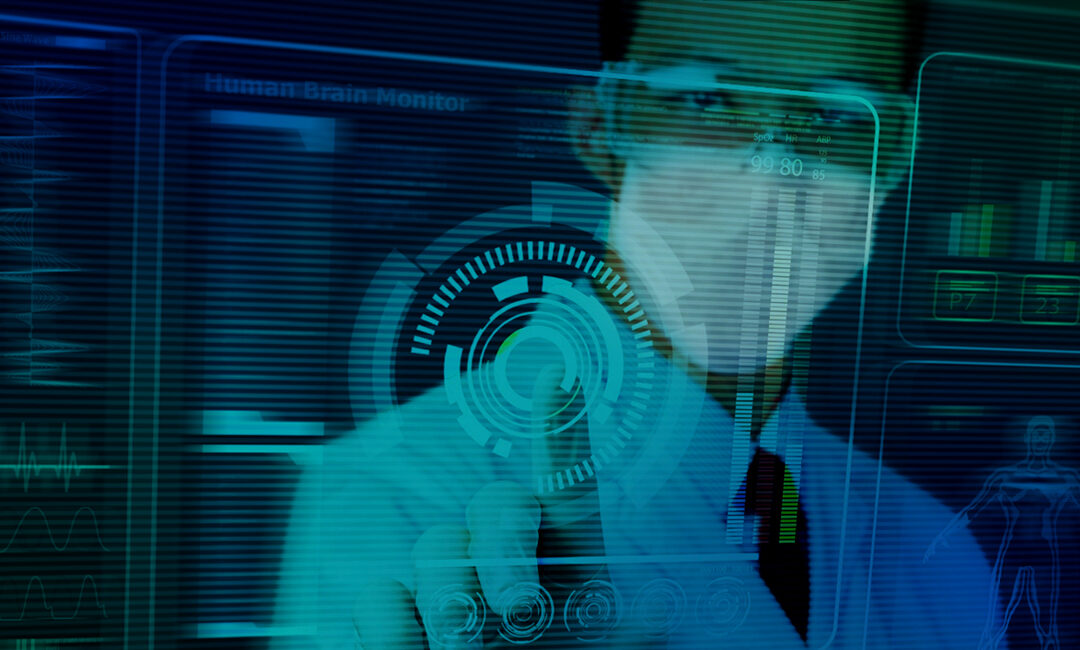
Distributed Machine Learning Can Bring Healthcare Breakthroughs
Distributed learning can enable machine learning for health care. With its unique privacy approach, it can very effectively overcome the greatest obstacle facing AI adoption in health care today. We no longer need to choose between patient privacy and the utility of the data to society. We can now achieve privacy and utility simultaneously.
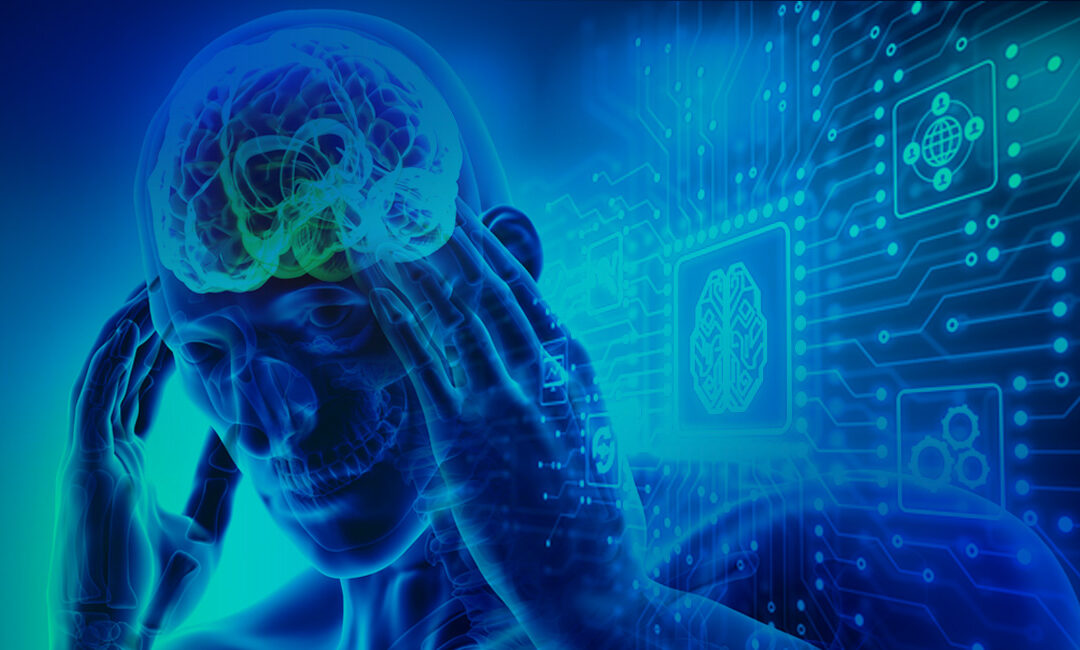
AI, Medicine and…Quantum Cryptography?
A new technique, inspired by quantum cryptography, allows large medical databases to be tapped for causal links. This is a fundamental breakthrough in thinking, and this perspective has the potential to spot cause-and-effect, supercharge medical diagnoses, and use AI effectively.
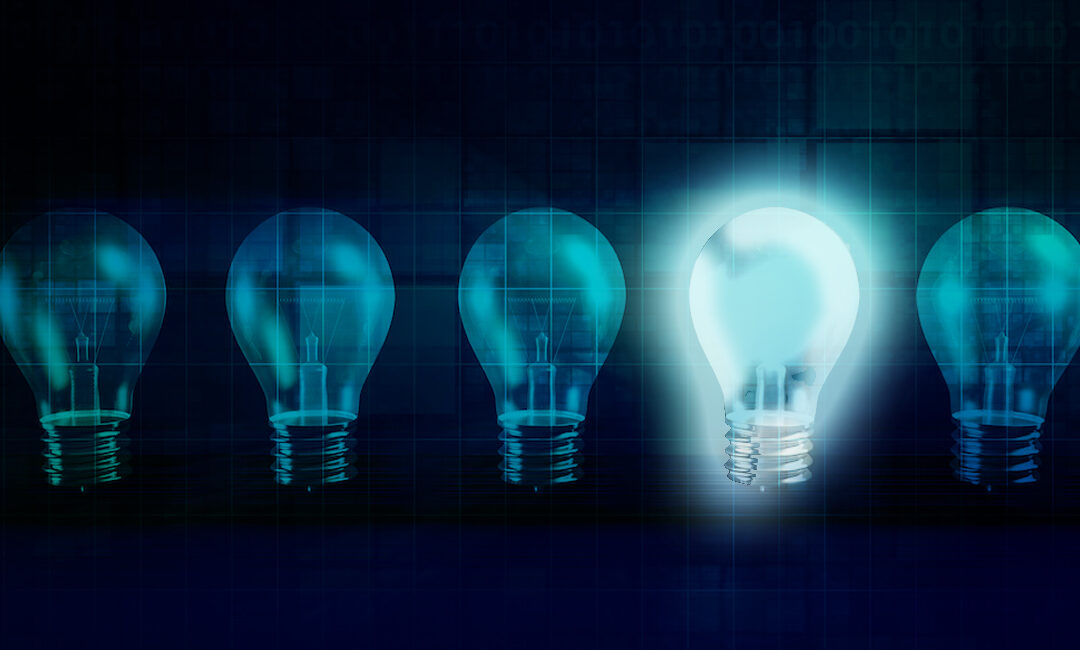
Disruption? Get a Perspective
This article was written by Nicholas Mitsakos : Chairman and CEO at Arcadia Capital Group. Disruptive technologies are apparently being developed faster than we can adapt to the full impact of their disruption. Really? Internet time may not be the fast-paced...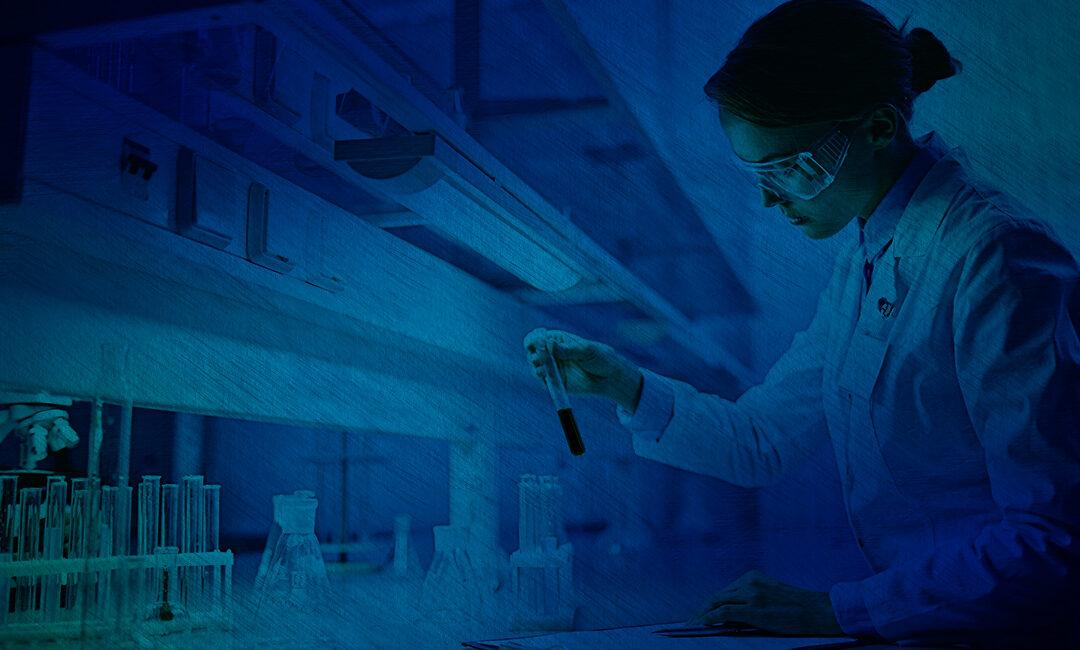
Biotechnology – Volatile, Risky, and Extraordinary
Biotechnology has been beaten up a lot lately and has had a very volatile and unimpressive recent history. However, biotechnology is still one of the single greatest investment opportunities available, and new and exciting factors are developing and enhancing the attractiveness of the sector
